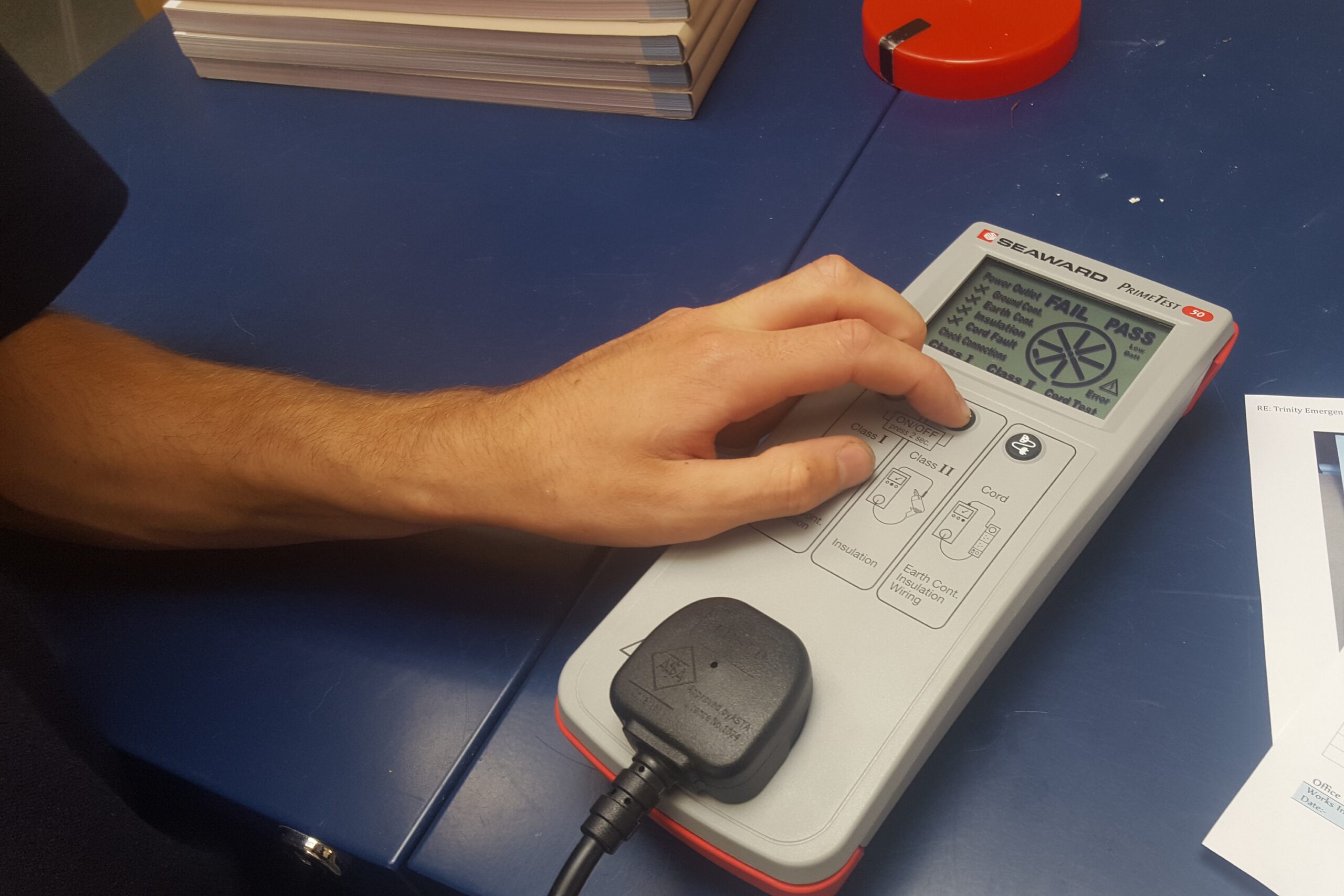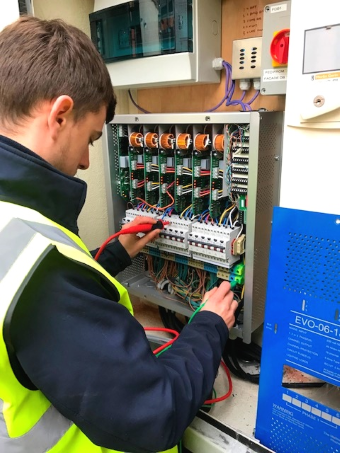Workplace safety is exceptionally important but making sure your property meets rigorous safety standards can be difficult if you are unaware of the different assessments used to test your safety. In this guide, we will show you the most important certificates, assessments and tests needed to demonstrate your property’s safety and identify areas which may need improving. We will focus on three of the main areas of any property’s safety; electrical safety, fire safety, and gas safety. From EICR and fixed wire testing to gas safety certificates, there are a plethora of ways to improve your commercial property’s safety.
Electrical Safety
Electrical safety is one of the most important areas of any business. The consequences of bad electrical safety can be significant, ranging from shocks and burns which can be harmful to employees, to fires and explosions which can destroy a property and even be fatal. There are a few assessments you can undergo to make sure your electrical safety is up to standard.
Firstly, portable appliance testing (more commonly known as PAT testing) can be used to ensure electrical safety across all appliances which are connected to electricity through a lead and plug. Health and safety laws make it a legal requirement that all appliances are tested regularly.
Secondly, a business can acquire an Electrical Installation Condition Report (EICR) to evidence that electrical installations are up to standard. An EICR will detail the findings of fixed wire testing which is crucial to identifying potential electrical hazards. An EICR is so incredibly important to health and safety that recent laws have made them mandatory in privately rented residential properties.
Fire Safety
A fire can be devasting to a business which is why it is important to implement precautions to prevent them as well as take measures to mitigate their damage if they occur. Businesses are no longer issued fire safety certificates and instead must undertake a fire safety assessment. This puts the onus of fire safety on the business and its “responsible person”. A fire safety assessment will cover the full breadth of fire safety measures for businesses. You can read a step by step guide to implementing a fire safety assessment in our Guide to Fire Safety.
Fire alarm and fire door installation is essential, and all smoke detectors should be tested routinely. Fire extinguishers should be placed throughout the building. Properly training employees on fire safety and the evacuation process in the event of a fire is also fundamental to keeping employees safe. A fire safety assessment will cover all these elements and more.
Gas Safety
Commercial property gas safety obligations fall into two main areas; maintaining all gas installation and keeping records of an annual gas safety inspection. Maintenance is required for all gas installations and appliances. Gas safety maintenance includes an annual inspection and servicing by a Gas Safe registered engineer.
You legally require a Gas safety certificate which can only be issued by a Gas Safe engineer. To get a Gas Safety certificate an engineer will need to visit your premises and carry out an inspection of all gas appliances including a visual inspection and functionality, operations and pressure tests. The extraction methods of appliances which use an extraction system to extract combustion gases will be assessed for suitability.
The health and safety of your employees and those visiting your commercial property is extremely important. To best protect them from hazards (and yourself from legal consequences) you need to make sure your businesses is taking all the necessary precautions and has obtained the required certificates which evidence that safety measures have been put in place.

